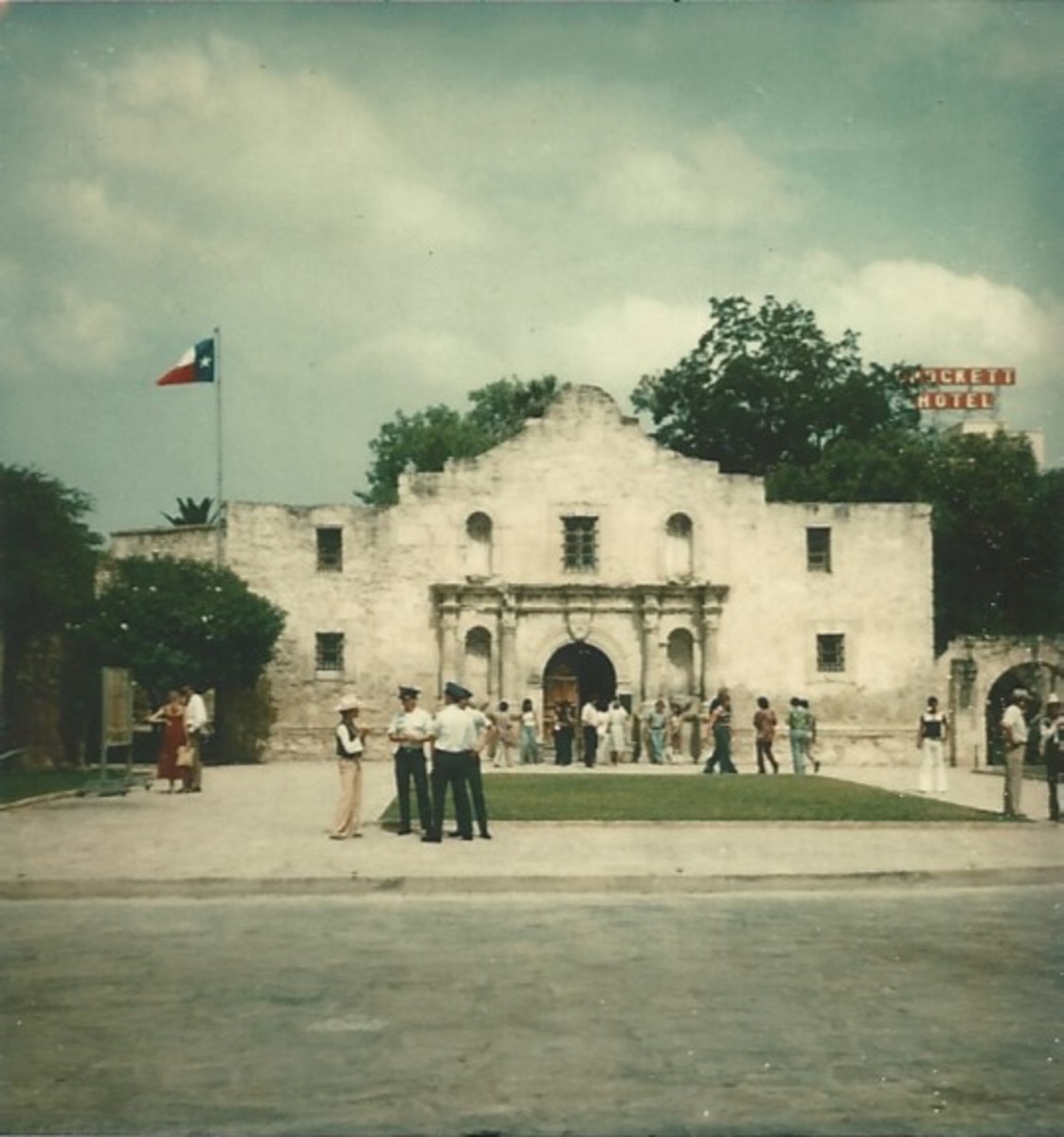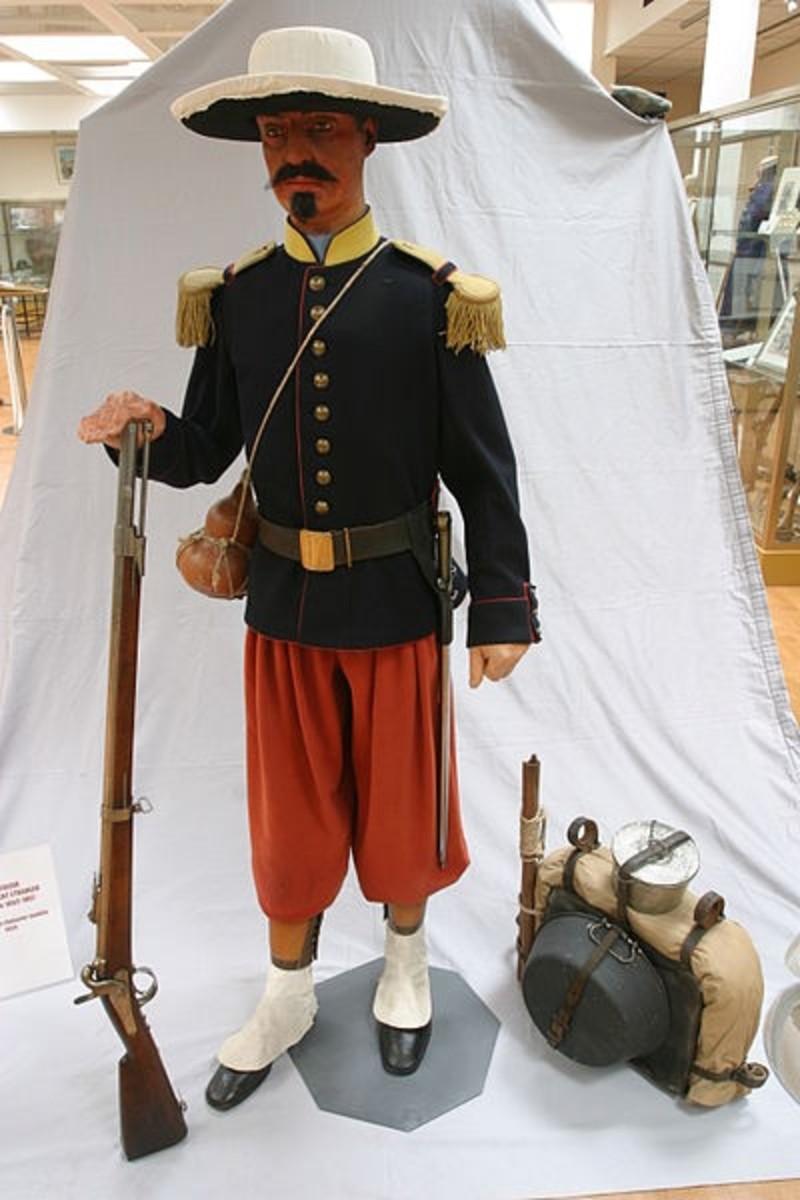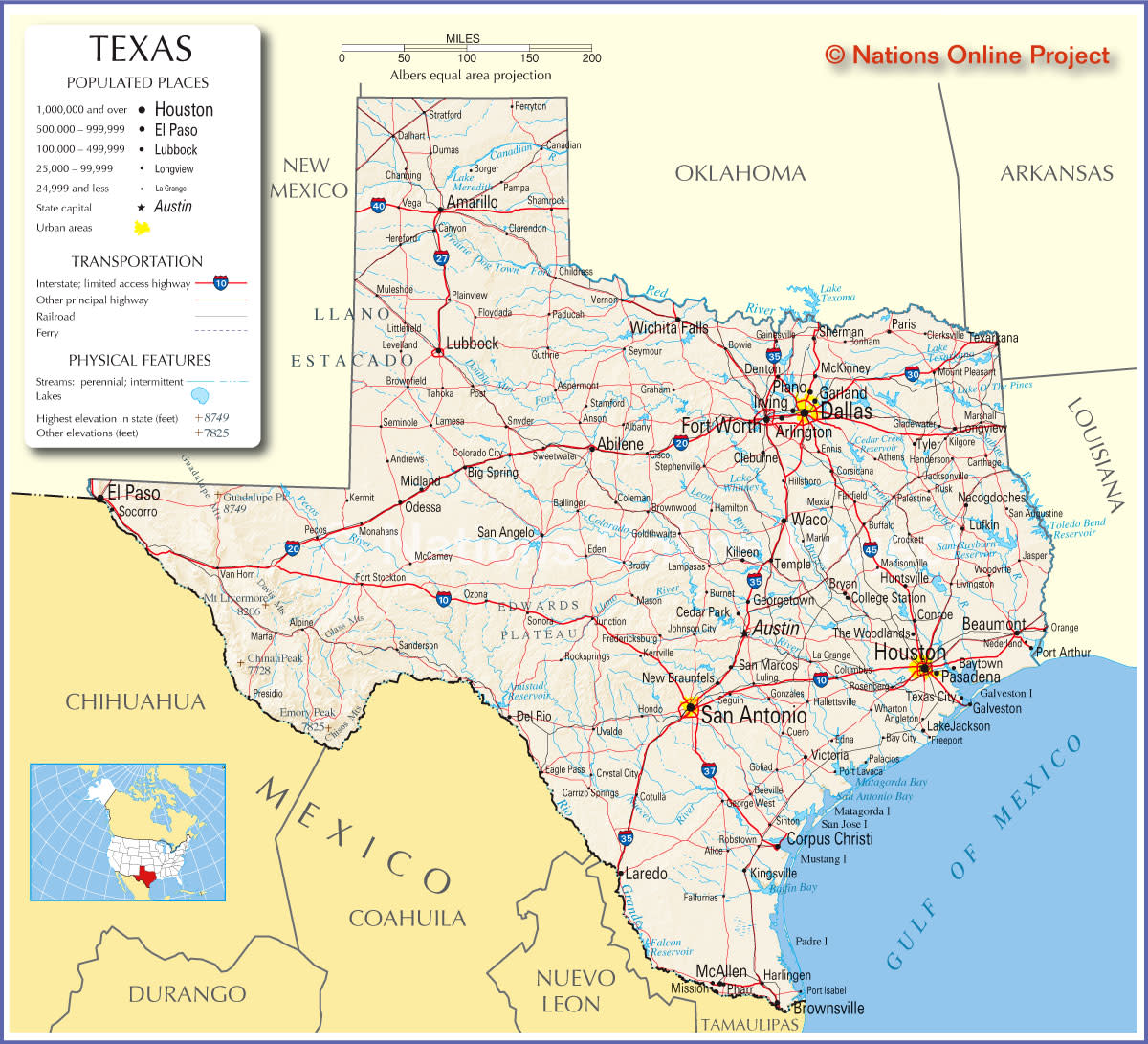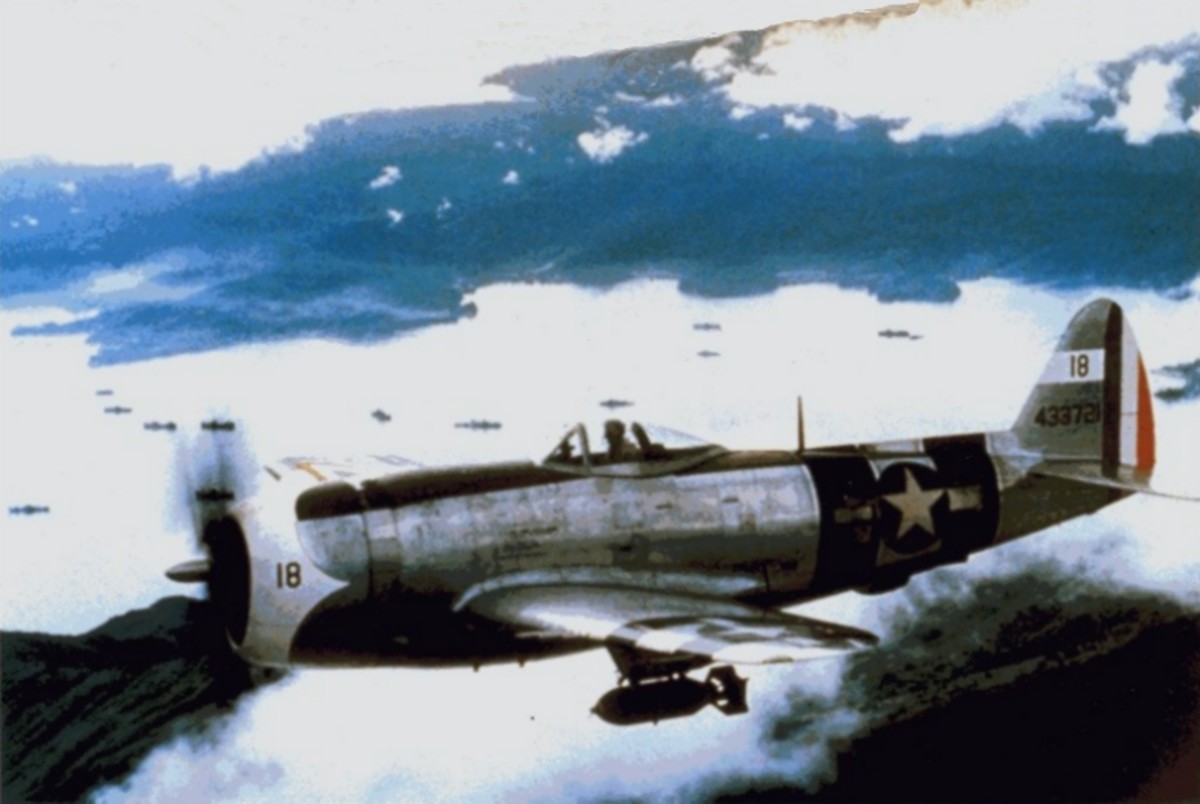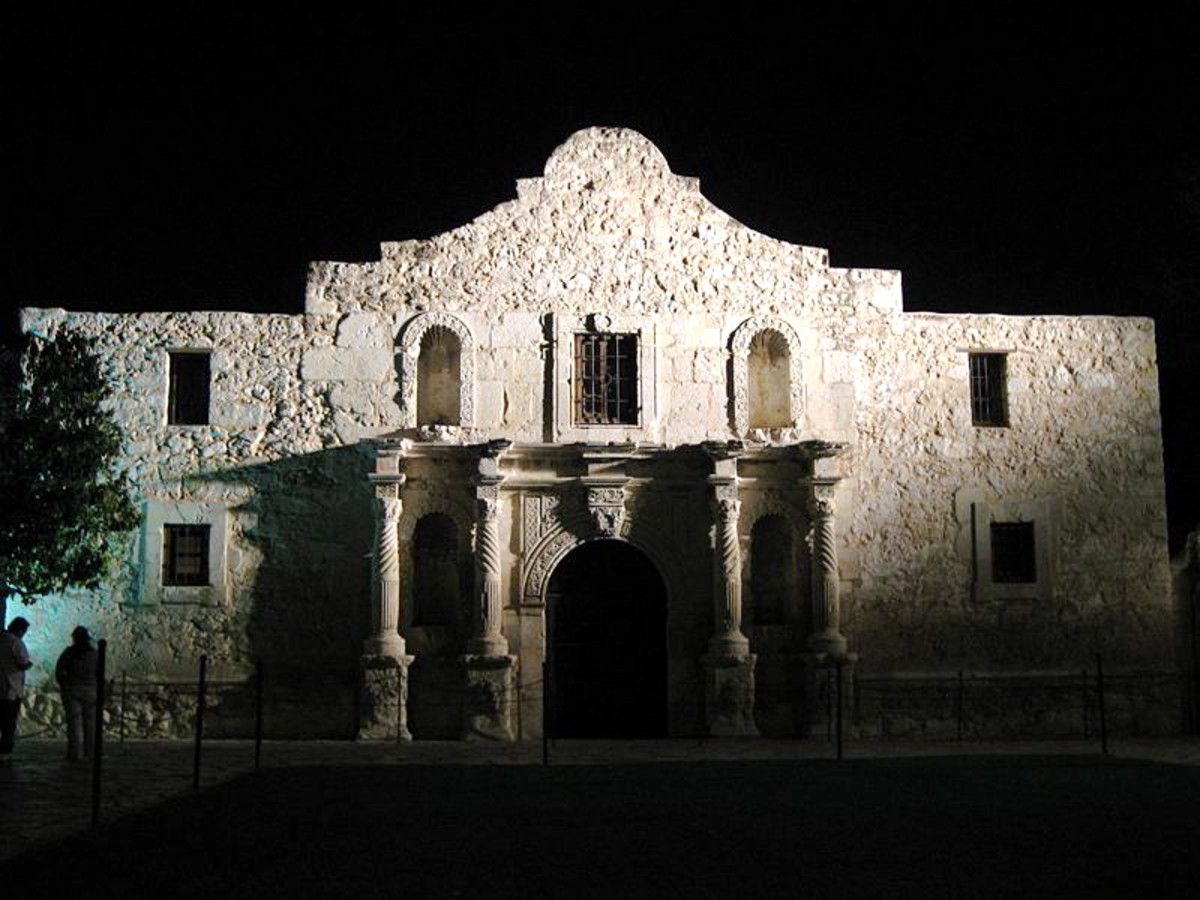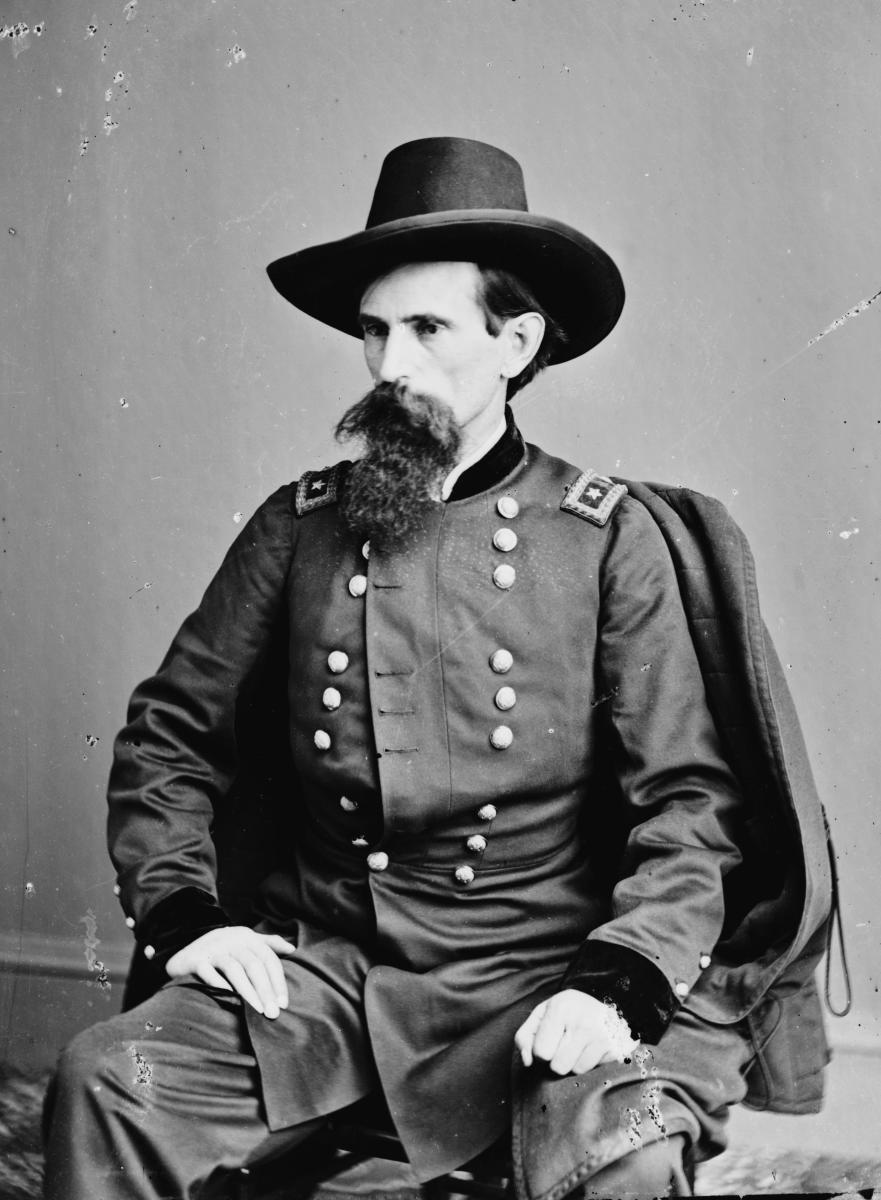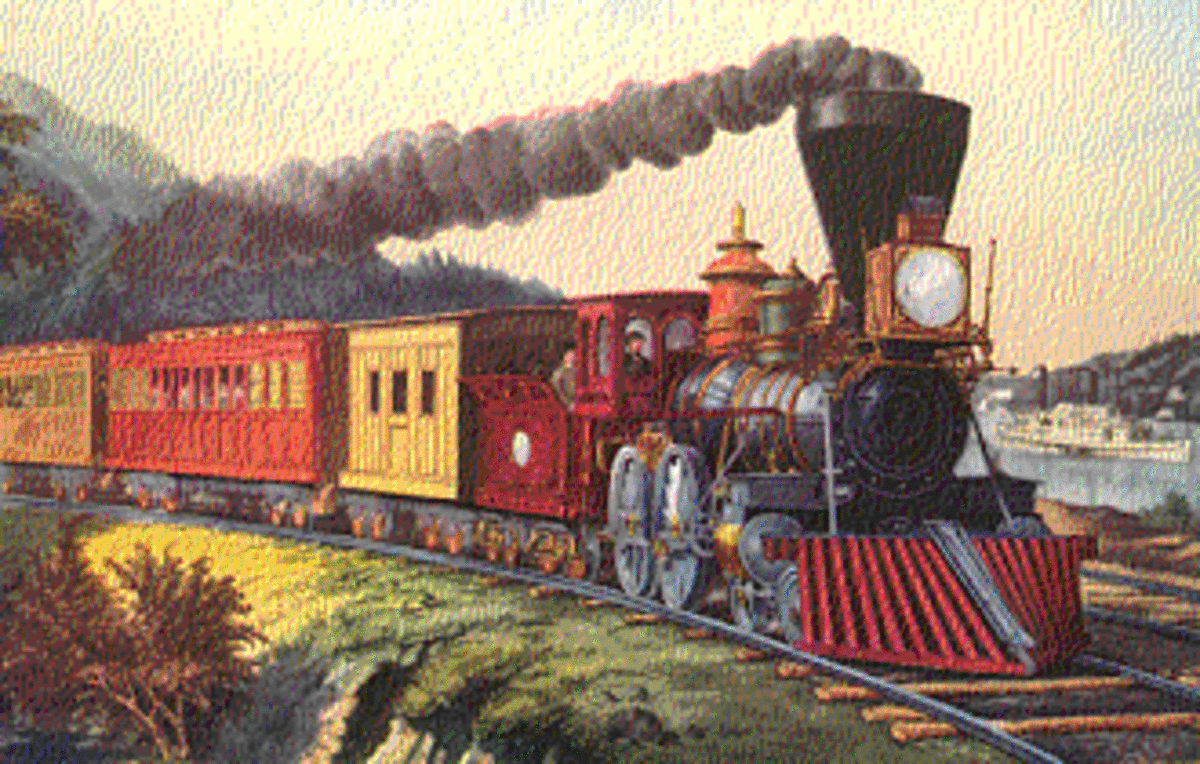- HubPages»
- Education and Science»
- History & Archaeology»
- History of the Americas
Did Davy Crockett Survive the Alamo?
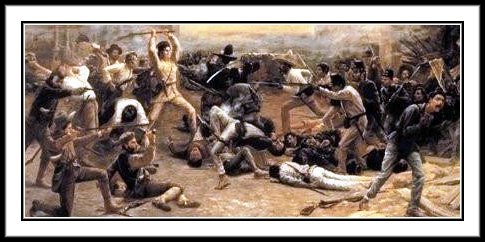

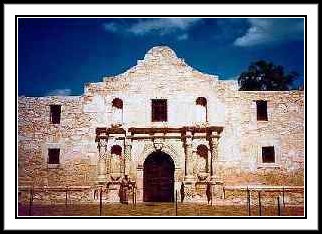
The Alamo
In November 1835, Davy Crockett set out for Texas. At the time Texas was fighting for its’ independence from Mexico and in early February 1836, Crockett joined 188 others at the Alamo, an old Roman Catholic mission in San Antonio which they were using as a fort.
According to recorded history, the Mexican armies besieged the fort, and Alamo defenders fought them off for nearly two weeks. But on March 6, Mexican forces surged into the Alamo. Some historians believe a few men, perhaps including Crockett, survived the battle and executed by the Mexicans or made prisoners and sent to labor in their mines. Others believe they all perished in battle.
Did Davy Crockett survive the battle
only to be imprisoned and forced to work in a mine? In an edition of
Southwestern Historical Quarterly in April of 1940 the question became a focus
of attention. The Quarterly article read: “On January 18, Romana Trout of Graham
discovered in the National Archives a letter from John Crockett, son of David
Crockett, to Texas Secretary of State John Forsyth,” which implied that
Crockett “may have been sent as a prisoner to the mines in Mexico and (was) not
killed at the Alamo...” The letter, dated April 30, 1840, said John
Crockett “was not too sanguine as to the report, but requested an
investigation.”

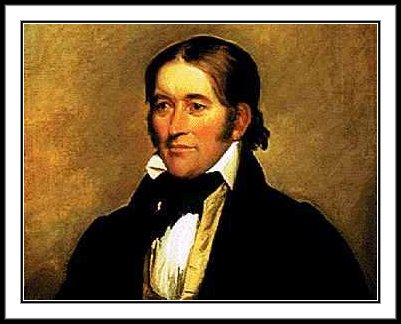
1840 Letter
Romana Trout was referring to a letter dated February 6, 1840 published in the Austin Gazette and written by a William C. White at Camargo, on the border of Texas and Mexico. White said he was a former citizen of the United States and had been living in Mexico for about seventeen years.
White said while he was at Guadalajara, a Mexican said there was a man from Texas in the Salinas mine who wanted to talk to any American. Supposedly, he went to the mine and saw the American, who claimed he was Davy Crockett and had been captured at the Alamo before he was put to work in a mine at Guadalajara.
White also said the man wrote a letter for him to mail to a friend in New Orleans with instructions to forward the letter to Crockett’s family in Tennessee. He also claimed to have given a copy of the letter to Colonel D.L. Wood, who promised to publish it in a newspaper or periodical, but apparently it never appeared. Another copy of the questionable Crockett letter was said to have been given to an unidentified Mexican and asked to deliver it from Camargo to Austin.
The Southwestern Historical Quarterly article posed a lot of questions. For example, who were William C. White and Colonel D.L. Wood? Their identities have never been verified.
The possibility Davy survived arose again in a 1907 issue of Heritage magazine, published by the Texas Historical Foundation. However the tale is different.
The article claimed a trunk discovered in New York State lined with old newspapers, included a May 12, 1836, issue from the Courtland, NY, Advocate. The paper reportedly carried a story Crockett had been found alive among the bodies of slain Alamo defenders in March of 1836. It continued Crockett was rescued and taken to a home where he recovered, but doesn’t say what happened to him after that.
Although Crockett was perhaps best known for his role at the Alamo, he was already famous for many other legendary exploits.
Davy Crockett (1786-1836) was about the most famous frontiersmen in U.S. history. He was a hunter and Indian fighter. His reputation as a down to earth, common sense man, boosted him to national prominence and a political career. Many people felt he mirrored the national spirit with his famous quote: "Be always sure you're right… then go ahead!"
Crockett excelled at exaggeration and told many tall tales about himself. One story tells about a raccoon surrendering when Crockett stumbles across him while hunting. He may also have been bragging when he claimed to have killed 105 bears in seven months.
Crockett also became known for his political stunts as well. He once memorized an opponent's speech and spoke it verbatim as his own at a debate. His rival apparently couldn’t recite his own speech word for word and had to adlib on the spot.
There were many fictional stories written after Crockett’s death. One story claimed he could "run faster, jump higher, squat lower, dive deeper, stay under longer, and come out drier than any man in the whole country."



